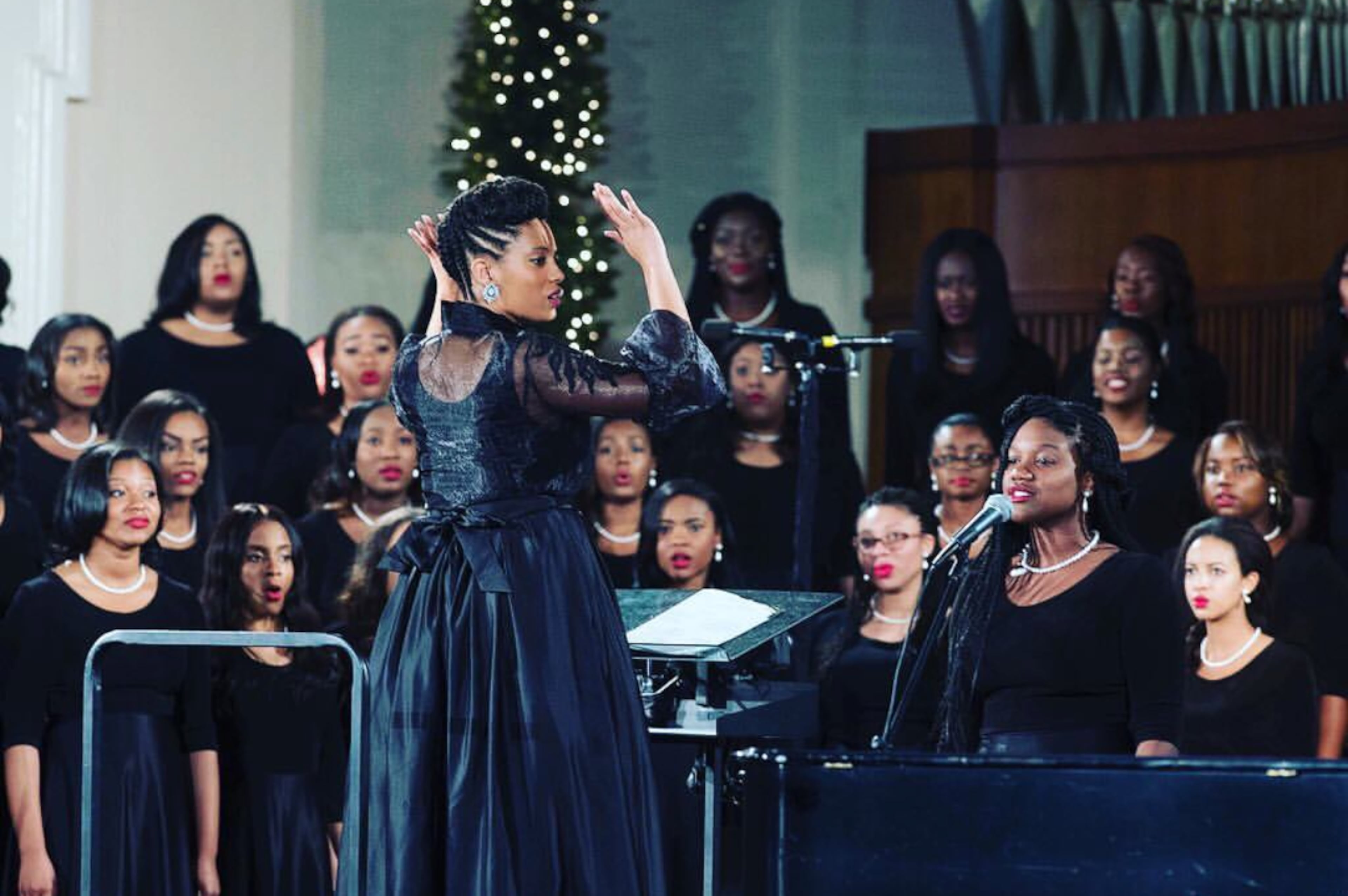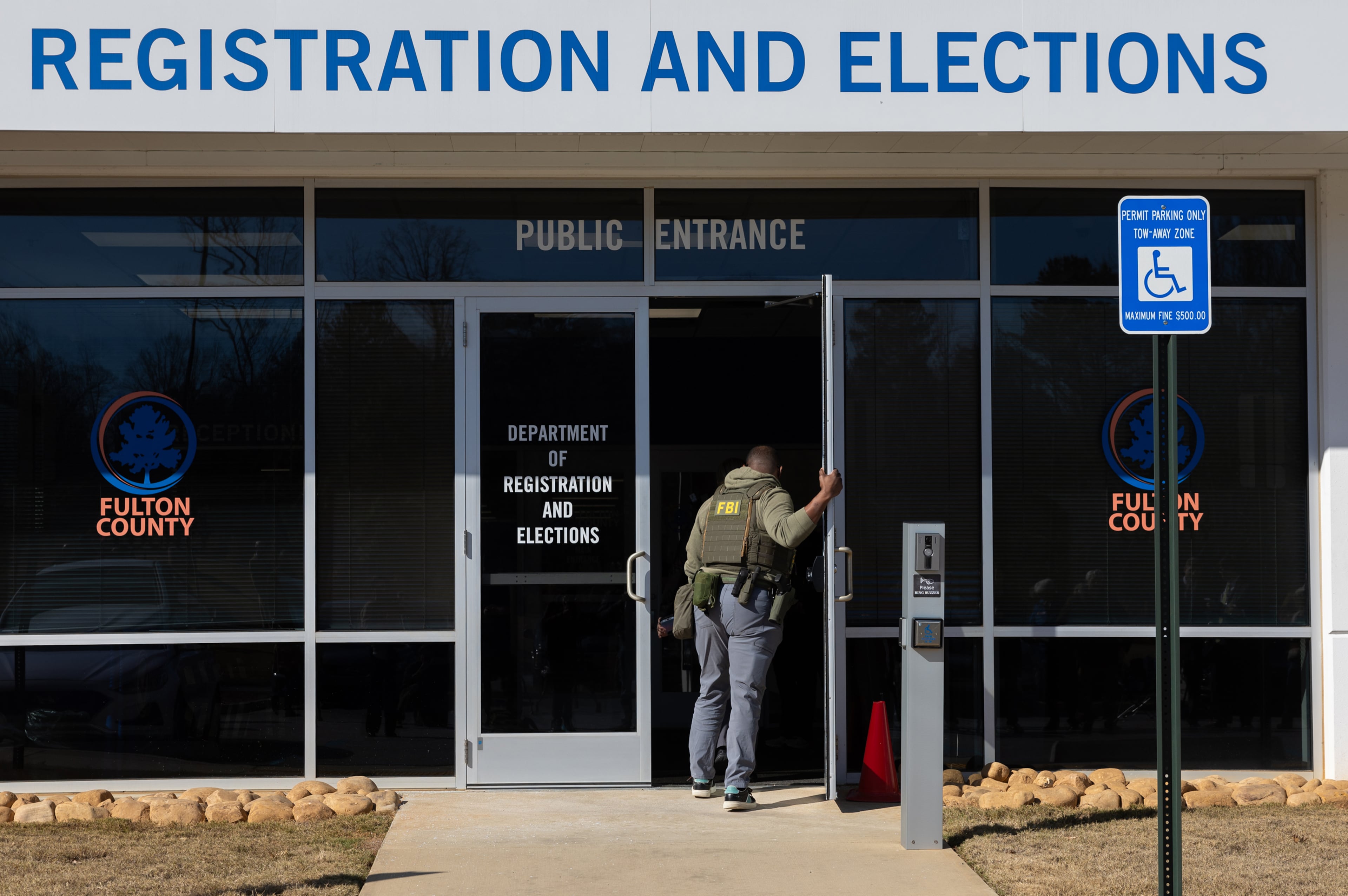Bookshelf: Atlanta poet Elly Bookman debuts with ‘Love Sick Century’

Many a writer dreams of blindly submitting their work to The New Yorker and getting it plucked from the slush pile for publication. But if you don’t have a connection or a literary agent to advocate for you, does it ever really happen?
It did to Atlanta poet Elly Bookman.
In 2017, her poem “Privilege” was selected for publication by editor David Remnick. The title is ironic considering Bookman had no entrée into the magazine. She earned the publishing milestone with hard work and dedication to the craft. And proving it was no fluke, the magazine has published two more of her poems since then.
In “Privilege,” the speaker watches fighter jets fly overhead while lying by a swimming pool. It is one of 32 poems in Bookman’s debut collection, “Love Sick Century” (42 Miles Press, $15), published last month.
Bookman, 37, is a junior high language arts teacher at The Paideia School. She grew up in Inman Park, the daughter of former Atlanta Journal-Constitution political writer Jay Bookman and his wife, Julie Bookman, an occasional freelancer for the newspaper.
“It’s a little bit of a family joke because around high school … I floated the idea of journalism, and my father (said), ‘Well, it’s a hard field to break into nowadays.’ So the joke is I went off to college and found an even more difficult career path for a writer, which was to study poetry instead.”
Bookman started writing poetry in high school. At the time, she didn’t think poets existed anymore.
“In my head they were old-fashioned writers from the 1800s. It became more serious in college when I took a poetry class and started reading more contemporary poets that I hadn’t been exposed to before.” Among her influences are Mary Ruefle, Matthew Dickman and Frank O’Hara.
Bookman was 23 and headed to grad school at the University of North Carolina at Greensboro when she got her first break by winning the prestigious Stanley Kunitz Memorial Prize from the American Poetry Review.
“That was a huge deal, like major, I-can’t-believe-it kind of moment. A very validating moment, too.” She recalled thinking that, “OK, maybe I am good at this, and this is what I want to do.”
Bookman’s poems are conversational, lyrical and hyper observant.
“I love to observe people in the world. I love to eavesdrop a little bit. I love to overhear conversations. I have a couple poems in the book, that’s where they came from,” she said. “It’s a way of operating and being in the world for me. … As a kid one of my favorite things I loved was just sitting around the table and listening to adults speak.”
The poems in “Love Sick Century” explore the modern world with all its anxieties and uncertainties. War, love, privilege, weather, history, safety and the intersection of technology and humanity are recurring themes.
“As a whole the book is trying to answer the question of how does anybody love in our world, in our current moment, in our time, in our country, when there is so much telling us not to love or making it difficult to love,” said Bookman.
The slim volume is divided into the three sections. “The first section establishes the central question, the contradiction of being a loving person in a world that can feel very unloving and even dangerous and scary,” she said.
The second section is the climactic point when that question comes to a head. Bookman likens it to a car crash. The final section offers “a little bit of healing” and ends with “Poem,” an ode to poetry as the answer to the world’s ills.
“Poetry itself is how I figure out the world out,” said Bookman.
Suzanne Van Atten is a book critic and contributing editor to The Atlanta Journal-Constitution. She may be reached at Suzanne.VanAtten@ajc.com.

